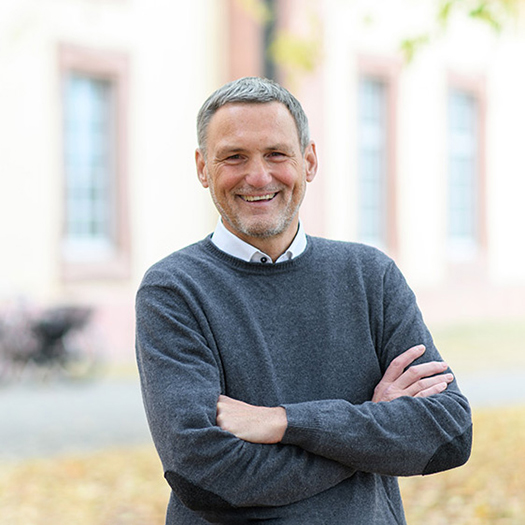Research on the Pilotproject "M+E-Einstieg"
Research on the Pilotproject "M+E-Einstieg"
After decades with excess supply, the number of apprenticeship positions in Germany exceeds the number of applicants since a few years, particularly in manufacturing occupations. Training firms face a novel situation that they can’t fill all apprenticeship vacancies with qualified school-leavers. To solve this problem, employers have in principle three options: first, they can lower their hiring criteria for apprenticeships, second they can try to influence the proportion of school-leavers who are interested in an apprenticeship in manufacturing occupations, and third they can attempt to increase the number of applicants with adolescents coming from other regions.While firms presumably experiment with all three options to some degree, Südwestmetall, the employer association of the metal- and electronic industry in Baden-Württemberg, in 2010 initiated a programme that supports member firms to use the first option and train disadvantaged youth who do not meet the current hiring standards. Since disadvantaged youth require not only more training resources (e.g. time for instructions) but also additional pedagogical skills of training instructors, the employer association provides and finances social workers for doing these jobs. The social workers offer coaching, organise additional lessons in vocational and general subjects (math, German) and train social skills in the first apprenticeship training year. Each social worker is responsible for 15 apprentices in several firms. The ZEW evaluated this pilot project.With the help of the social workers firms should gain experiences in integrating disadvantaged adolescents into demanding occupations in the metal and electronics occupations. Within the project, disadvantaged adolescents are characterised as those young people who have the cognitive capacities to complete a vocational training in in metal and electronic occupations but who most likely would not be considered or could not complete the training on their own due to a lack of non-cognitive skills or family support. The rationale behind the pilot project is that the missing competences can be trained by individual coaching.The scientific evaluation by the ZEW was based on microeconomic analysis of the data of the ‘Ausbildungsplatzumfrage’ (survey on vocational training) of the association in the years 2010 to 2013. In addition, semi-structured interviews with training instrutors, human ressource managers and social education workers were conducted. During the evaluation a special focus was on the question whether the pilot project reduced recruitment problems of the participating firms. Furthermore the ZEW performed interviews in six participating and six non-participating member firms as well as with four responsible social workers to better understand firm’s reasons for programme participation, potential outcomes and the selection criteria for programme participation.The analysis by the ZEW indicates that the pilot project aimed at achieving some but not all of its objectives. First, no direct causal effect on reducing recruitment problems could be found. But it turned out that firms who participated in the pilot project more often also introduced additional acquistion measures for vocational training – as for example intensive contacts to schools within the region. Together this set of actions helped significantly to reduce problems to find new apprentices during the observation period. The main reason for firms to build intensive contact to schools is the expectation to find adequate applicants for their vocational training. In the period of the evaluation, many companies increased their efforts related to recruitment and training. Among others they supported schools in technology related school subjects and career days.Almost all adolescents who participated in the ‘M+E-Einstieg’ pilot project successfully completed their vocational training and stayed with their companies afterwards. Furthermore findings demonstarte that the companies are relieved with the training of disadvantaged adolescents. The results therefore suggest that individual drawbacks can be compensated for by coaching activities in apprenticeship as skilled worker.

